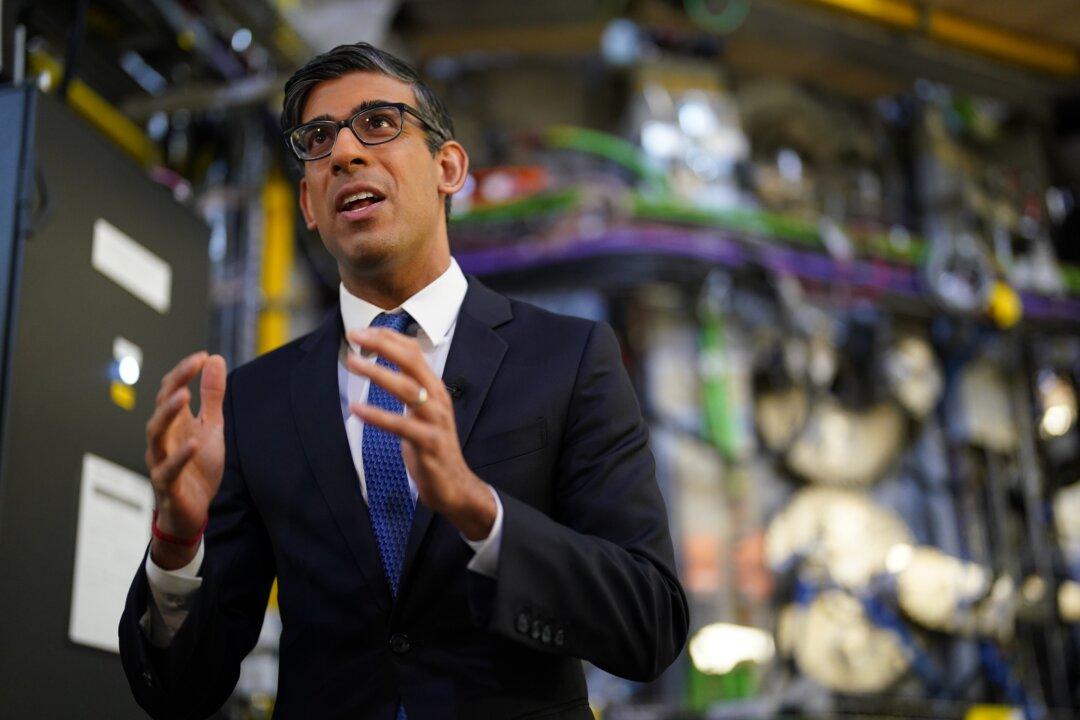Britain will join a vast free trade area of 11 countries spanning the Indo-Pacific region, Prime Minister Rishi Sunak has announced.
The UK accession to the Comprehensive and Progressive Agreement for Trans-Pacific Partnership (CPTPP) was formally confirmed in a call between Trade Secretary Kemi Badenoch and her counterparts from the group in the early hours of Friday.





